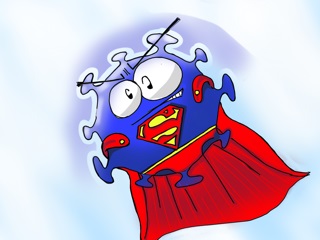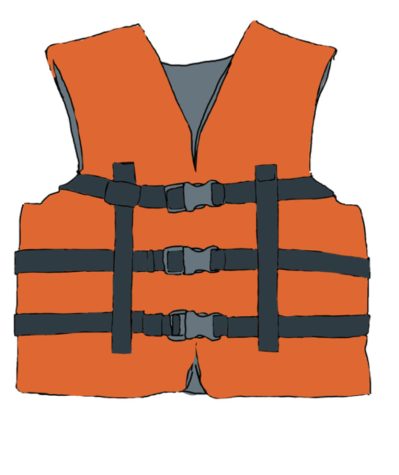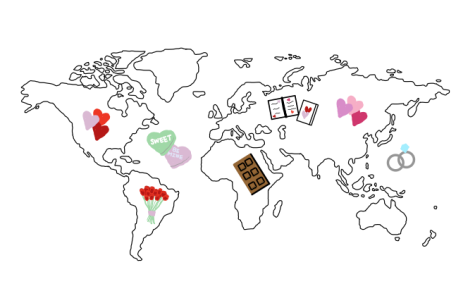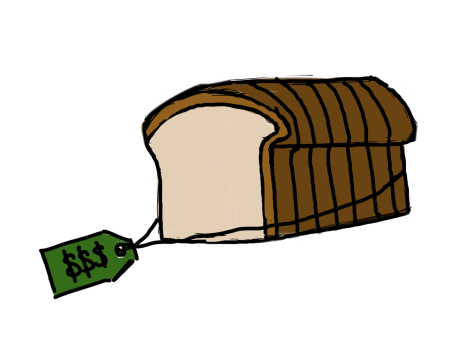Superbugs pose superhuman threat

Art by Kenny Yi
Imagine going to the doctor and being told that your sickness cannot be treated. No matter what antibiotic is used, you only have six months left to live as the disease destroys your body. More and more frequently, doctors are finding patients who have developed new diseases that cannot be treated by any antibiotic available. Is a world similar to the Middle Ages coming, or will doctors be able to find a way to combat these mysterious bacteria?
In recent years multiple strains of antibiotic-immune bacteria have surfaced, causing much alarm in the medical community as these first cases could be the beginning of a bigger epidemic. The scariest characteristic about them, according to Mediresource, a Canadian medical journal, is the bacteria’s ability to spread immunity to other bacteria causing the effects of the original bacteria to multiply as different bacteria becomes resistant. Some examples of these superbugs are MRSA and NDM-1. NDM-1 is a disease that has a variety of symptoms including pneumonia and infections in the excretory organs. Since the disease is immune to antibiotics, death becomes a near certainty upon contracting NDM-1.
“The scariest part to me is the possibility that these superbugs will become a widespread thing,” said sophomore Madi Walker. “Humans will suffer a massive population drop similar to the Plague in the Middle Ages.”
In the future, doctors will invest more time in finding cures for these superbugs because without a cure, these diseases will potentially ravage the planet without meeting resistance. These superbugs are able to form when patients stop taking their medications for a sickness halfway through the prescription or when they start to feel good.
In their body, the bacteria is still fighting the antibiotics and when people stop taking the antibiotics, the bacteria that are still alive develop resistance.
“There is an excess of antibiotics that we take as well,” said physics teacher Mrs. Majka. “Everything that we eat now, from chickens to fish, has likely been fed antibiotics. We are consuming antibiotic infested organisms no matter what.”
These resistant bacteria could be excreted in a person’s waste, traveling to the sewers and then out in the world. In conclusion, superbugs are an important and pressing issue in the world today, and the success or failure in the medical field will determine the future of the globe.
Your donation will support the student journalists of Saint Viator High School. Your contribution will allow us to purchase equipment and cover our annual website hosting costs.







